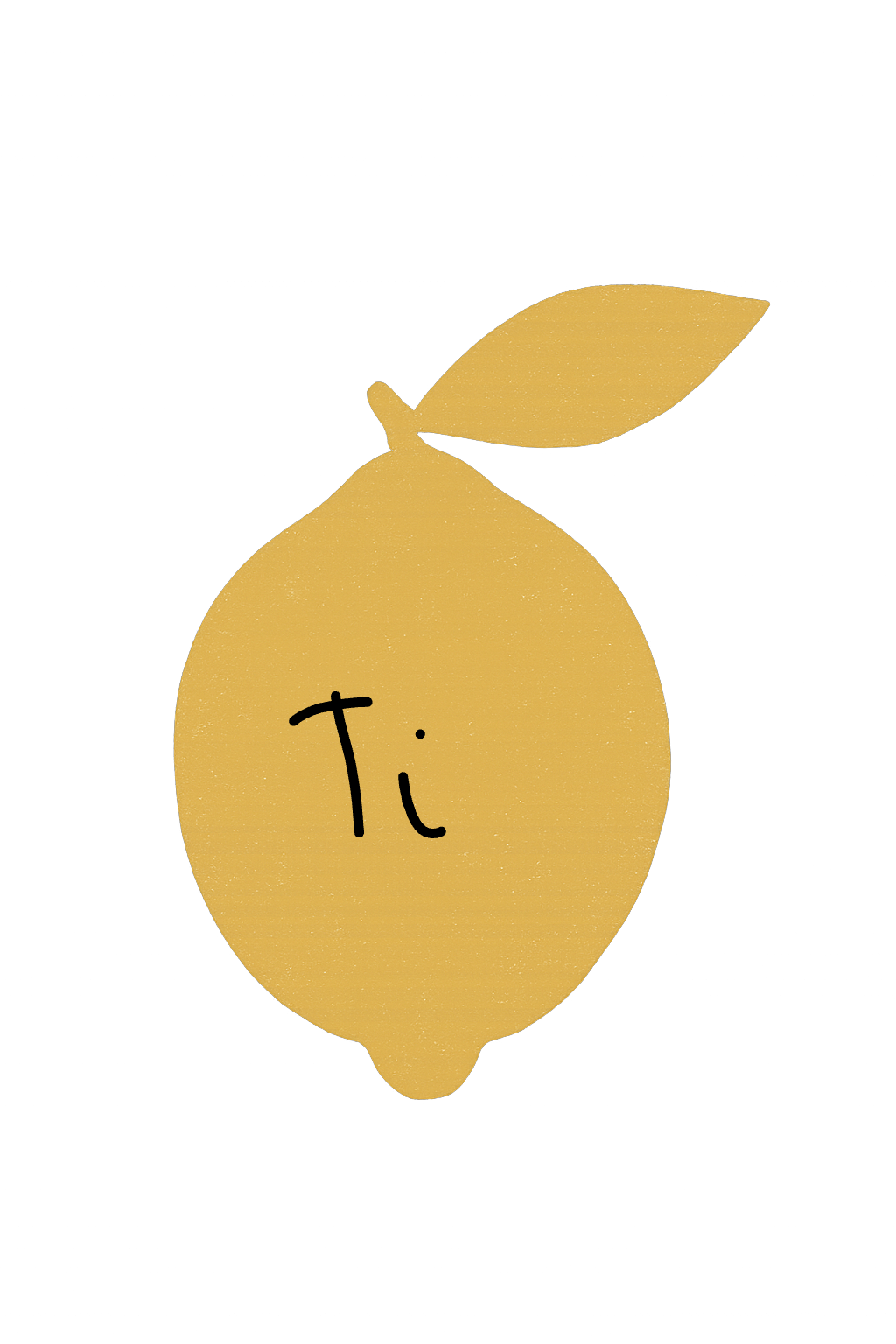Strengths
Logical Precision: Ti users are excellent at analyzing information and ensuring it aligns with a consistent internal logic framework. They can naturally identify inconsistencies or flaws in arguments, making them critical thinkers and problem solvers.
Independent Problem-Solving: Ti users prefer to figure things out independently using logic and reasoning. They often excel at understanding complex systems or solving problems through personal analysis rather than relying on external opinions or established methods.
Analytical and Objective: Ti users strive to approach situations and problems objectively. They tend to detach from emotional biases, allowing them to assess situations rationally and impartially. This makes them effective in situations that require precise, unbiased analysis.
Understanding Systems: Ti users enjoy breaking down complex systems to understand how they work at a fundamental level. Whether it’s technology, social structures, or theoretical concepts, they have a talent for dissecting and mastering intricate systems of thought.
Efficiency in Thinking: Ti users often seek to simplify complexity. They look for elegant, streamlined, logical, and efficient solutions that remove unnecessary steps or complications. This makes them great at optimizing processes or finding the most rational approach to a challenge.
Creative Theorizing: Ti users are focused on internal logic, so they can often develop unique, innovative theories or approaches. They don’t feel bound by conventional wisdom and are willing to explore new or unusual ideas as long as they make logical sense.
Weaknesses
Overly Detached or Impersonal: Ti users can become so focused on logical analysis that they may neglect or undervalue emotional or relational aspects of situations. This can make them seem cold, distant, or insensitive to others’ feelings or needs, especially when making decisions.
Analysis Paralysis: Ti users can sometimes overanalyze situations or get lost in pursuing perfect logical solutions. This can lead to “analysis paralysis,” where they hesitate to act because they continually refine their understanding or evaluate new information.
Difficulty Expressing Ideas: Ti users often have a clear internal understanding of how things work but may struggle to communicate their ideas to others. Their thoughts can be highly individualized and complex, making it hard for them to explain their reasoning in a way others easily understand.
Neglecting Practical Concerns: While Ti is great for theoretical analysis, Ti users may overlook practical or external factors. They may become so focused on solving a problem internally that they lose sight of real-world constraints, such as time, resources, or the impact on others.
Reluctance to Follow Established Rules: Ti users prefer to create their own logical frameworks and may resist following established rules or traditions if they don’t align with their internal logic. This can make them appear rebellious or nonconformist, especially in structured environments requiring external systems adherence.
Overemphasis on Rationality: Ti users can sometimes dismiss emotional or subjective experiences as irrelevant, making it difficult to relate to others who prioritize feelings or social harmony. This can lead to misunderstandings or strained relationships, especially in group dynamics where emotional intelligence is crucial.
***
